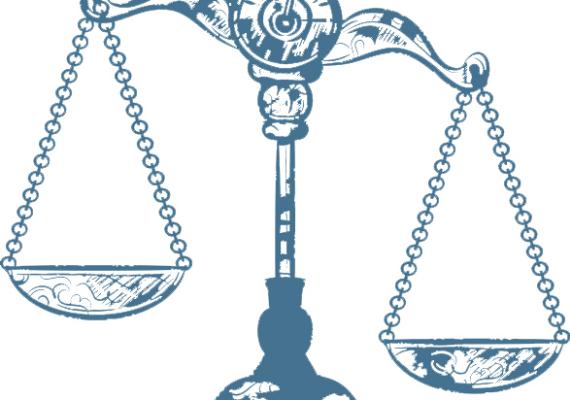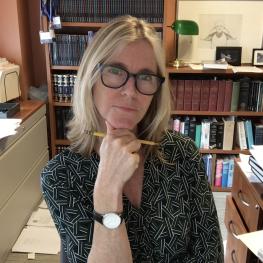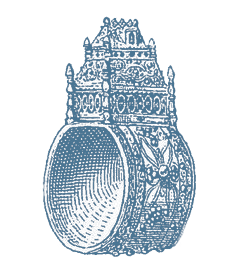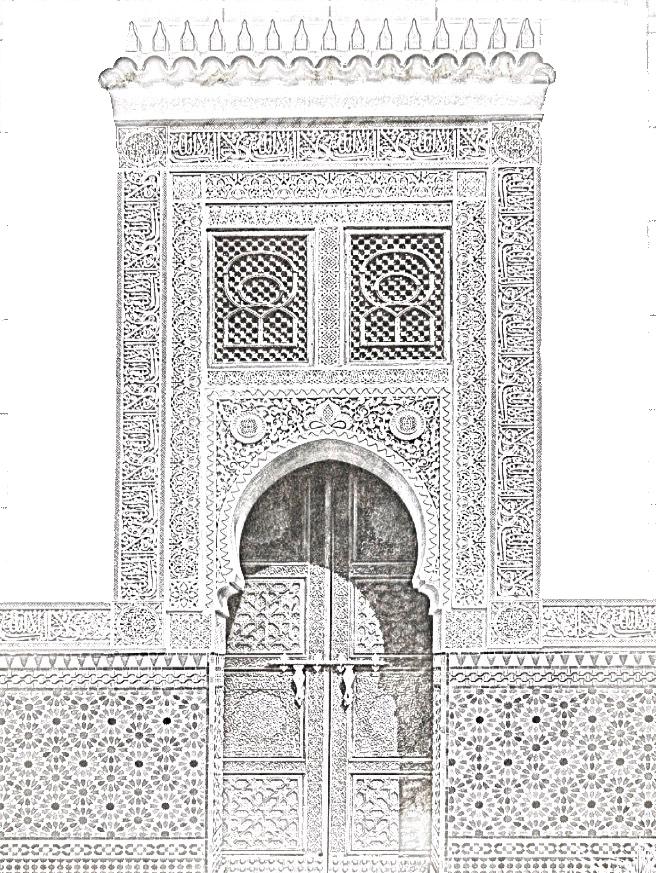The Katz Center announces the 2021–2022 fellows, on the theme Rethinking Premodern Jewish Legal Cultures
Announcing the 2021–22 fellows: Rethinking Premodern Jewish Legal Cultures.

It is with tremendous excitement that we announce the incoming fellows for the 2021–2022 academic year, focusing on the theme of Rethinking Premodern Jewish Legal Cultures. These scholars bring expertise in law, drawing on a range of methodologies and evidence bases, and covering space and time from ancient Mesopotamia though medieval Sefarad and early modern Germany. Chosen from a particularly competitive pool of applicants, the incoming fellows hail from Israel, Western Europe, Brazil, Canada, and the US.
This fellowship treats law in theory and practice, as both created by and imposed on Jews. It focuses on the broad contexts in which Jewish (and Israelite) law was developed by and for Jews, and in which it operated, treating law as a necessary component for understanding the broader dynamics of culture, history, governance, and economics of each place and period. Seeing law as constituted by and embedded within wider dynamics, the new fellows see law’s impact on various historical, religious, intellectual, artistic, and political moments, for a wide variety of actors: Jews and non-Jews, men and women, the empowered and the marginal.
The premodern world offered a unique set of possibilities and constraints on Jewish production and legal thought. Since Jews were nearly always subordinate to greater empires and hegemonic regimes, Jewish law was often shaped by an environment not of its own making. Without full autonomy, Jewish law was often an idealistic enterprise, a space in which Jews imagined legal systems they could not fully implement. Jewish notions of law and lawmaking, including the very idea of Halakhah, show traces of the law and legal institutions around them, whether Roman law or the imperial court for the Mishnah and Palestinian Jews, Byzantine and Sasanian law for Jews in the late ancient West and East, or Islamic and Christian legal schools and imperial laws in the medieval and early modern periods.
The texts and ideas produced by Jews in the premodern world were neither discarded nor rendered obsolete with the start of modernity. We are planning a second fellowship year devoted to law in 2022–2023, which will gather a new set of fellows to carry the work forward to the era of nationalism, citizenship, the state of Israel, technology, and globalization. In that year we hope to see the legacy of premodern Jewish notions about law and the state, while amplifying the unique questions demanded by modernity.
Natalie Dohrmann, Topic Director 2021–2022



